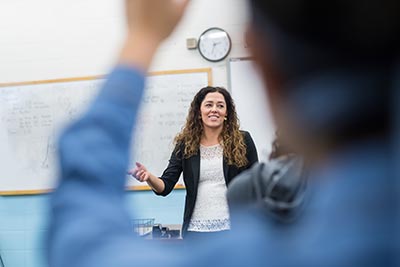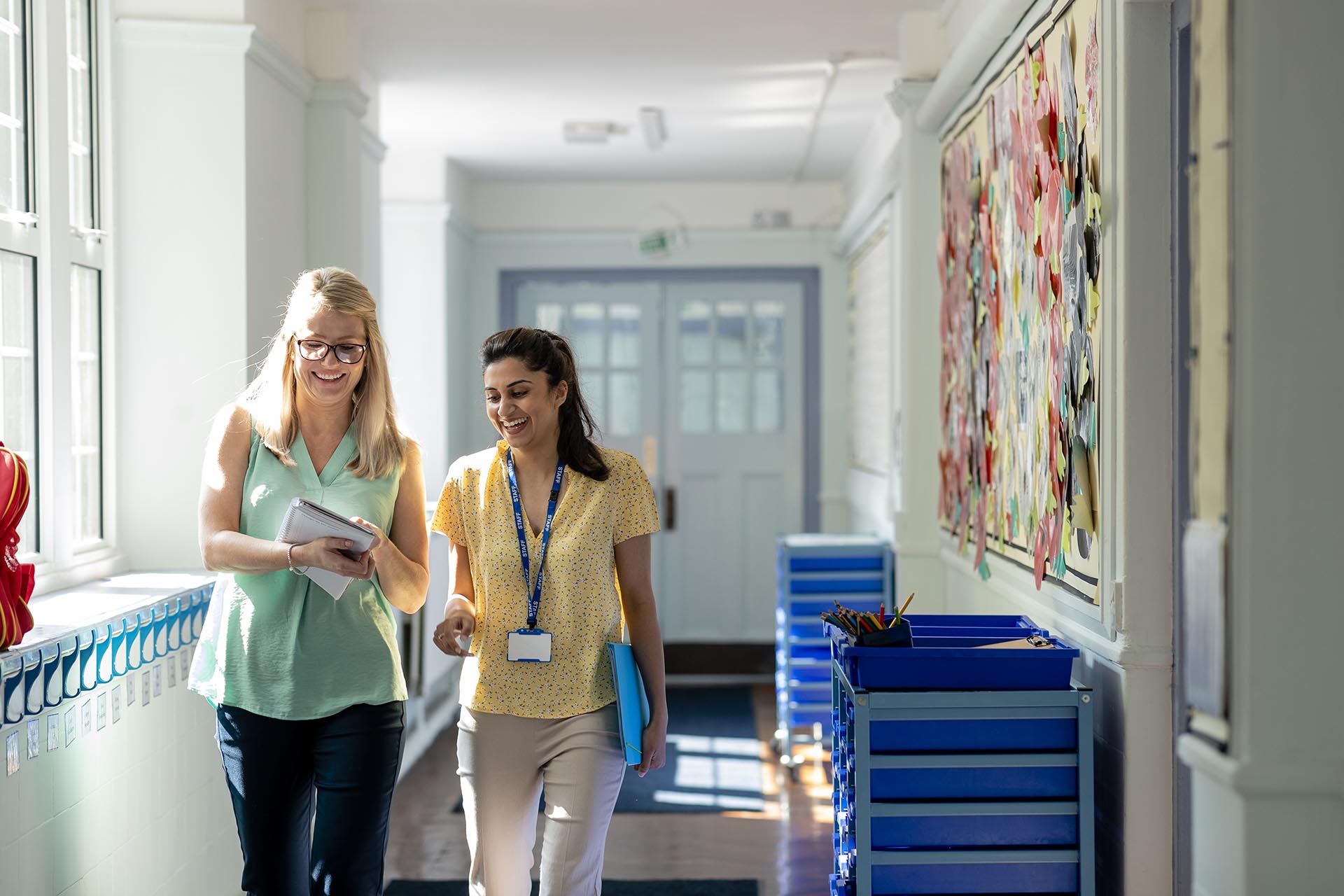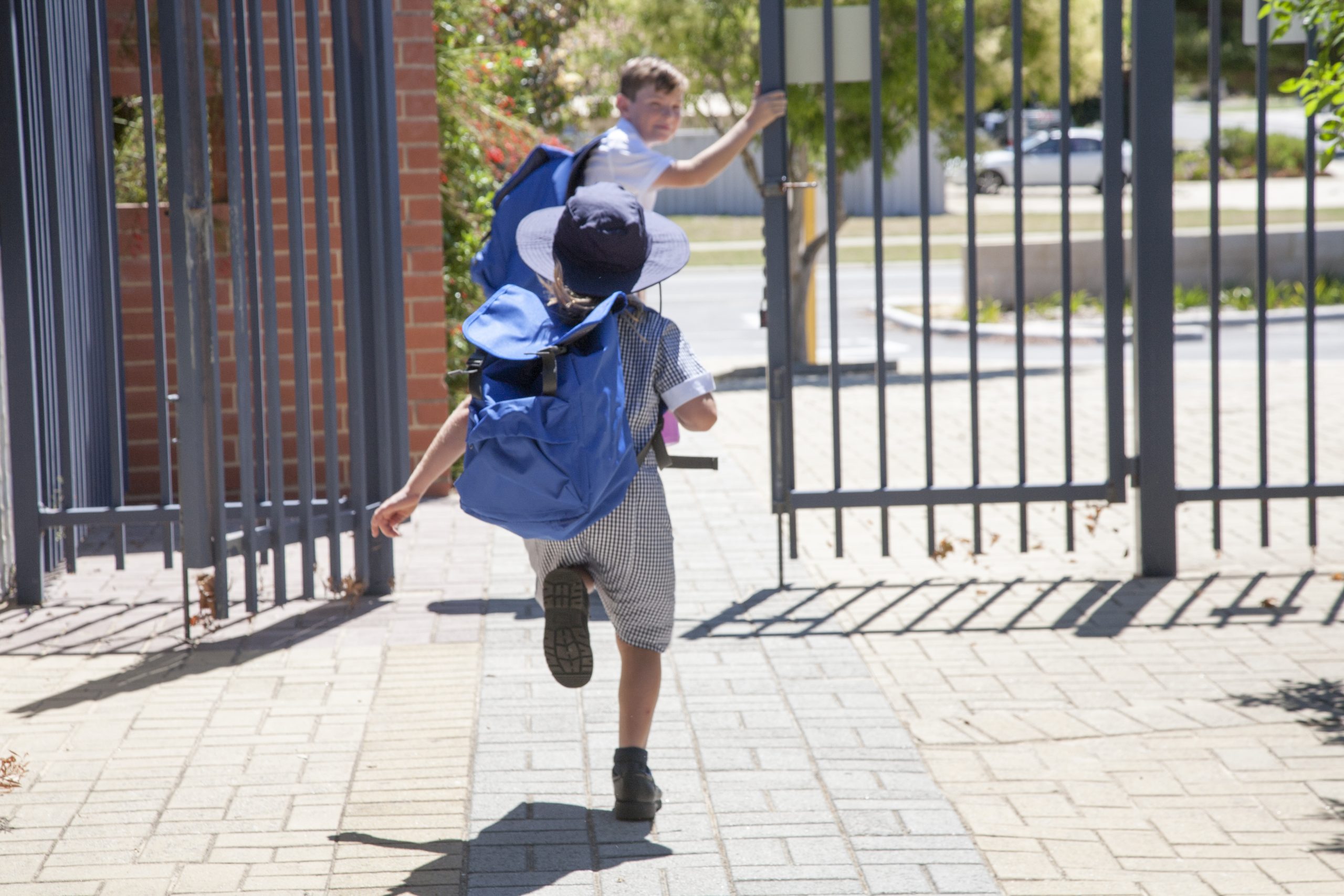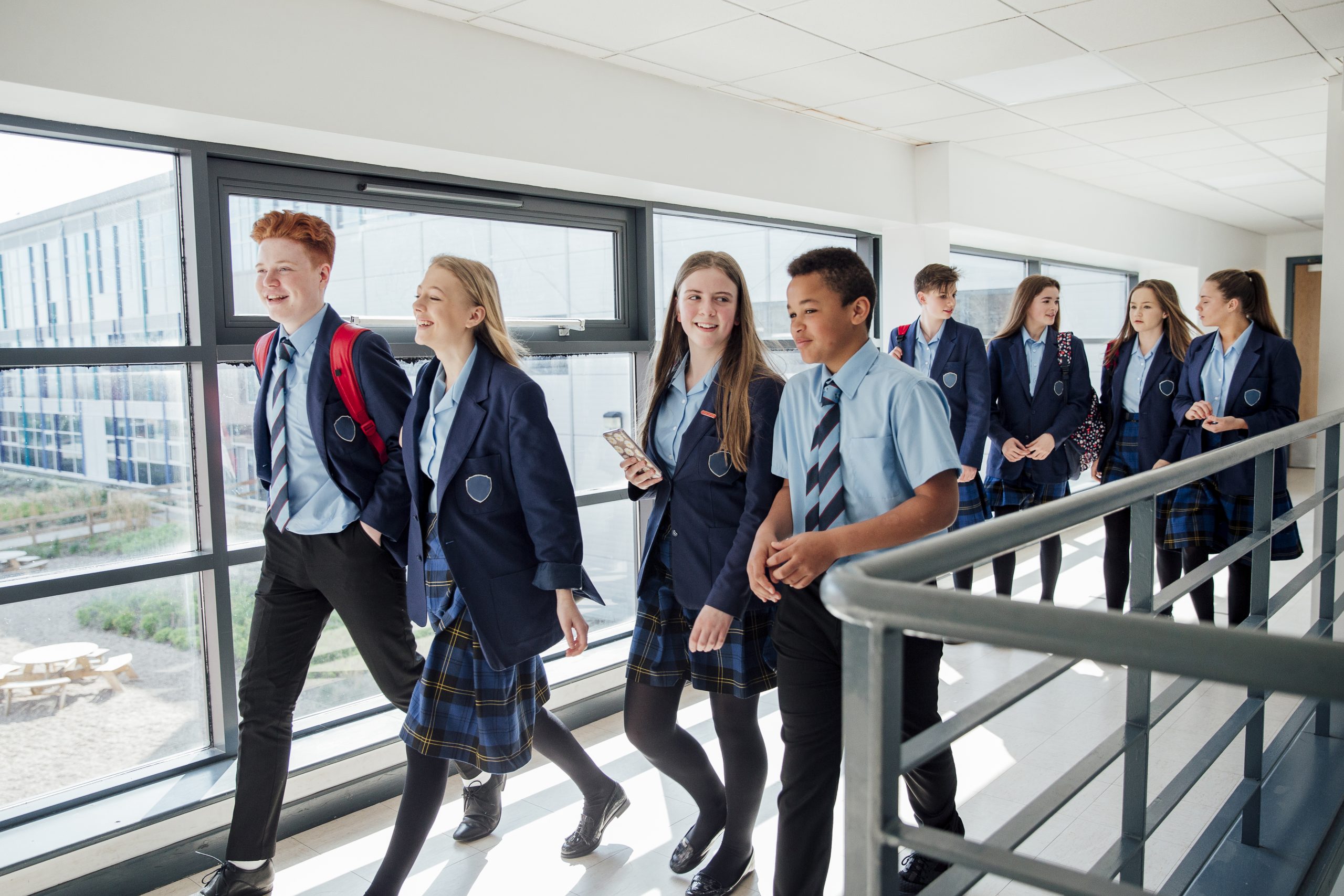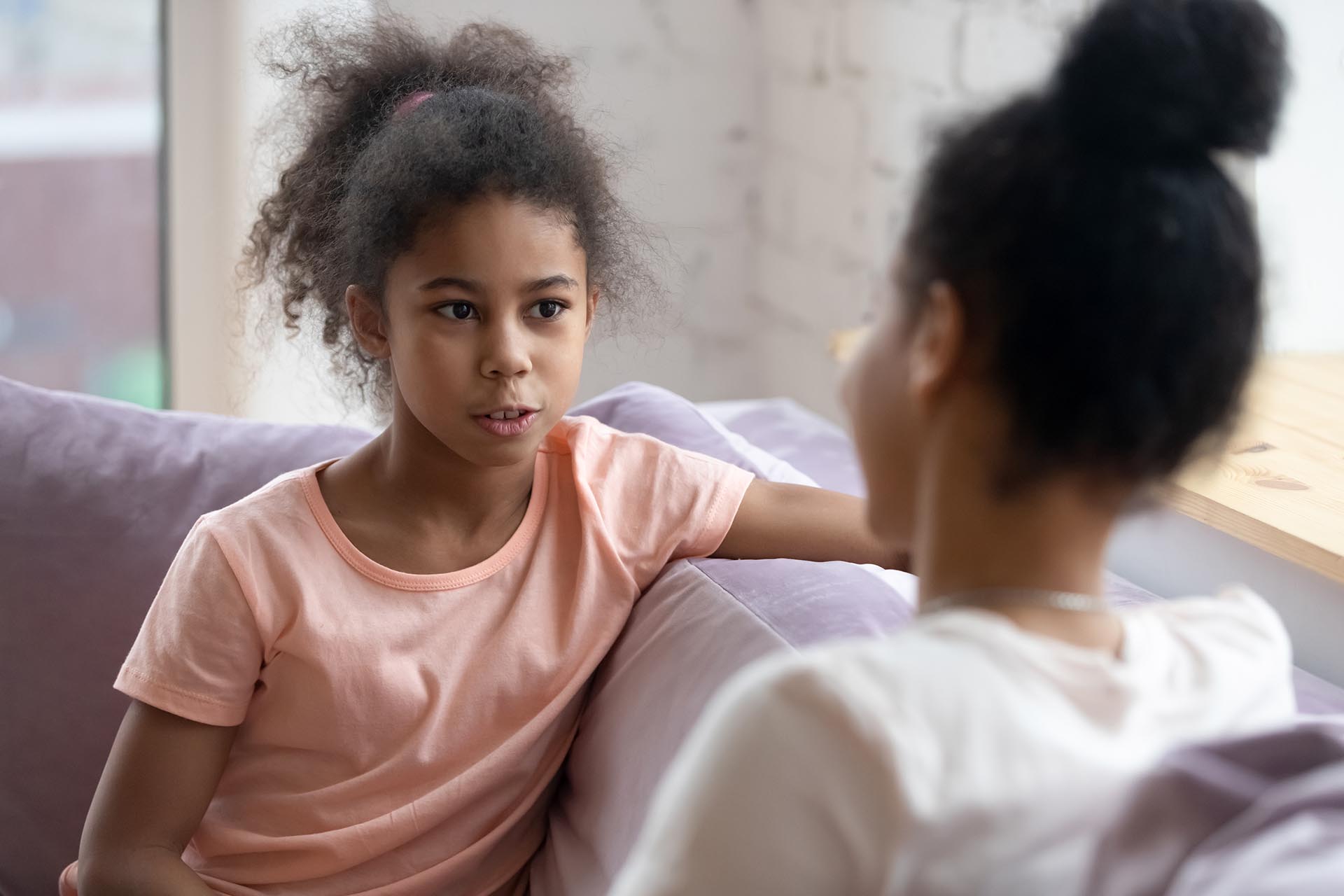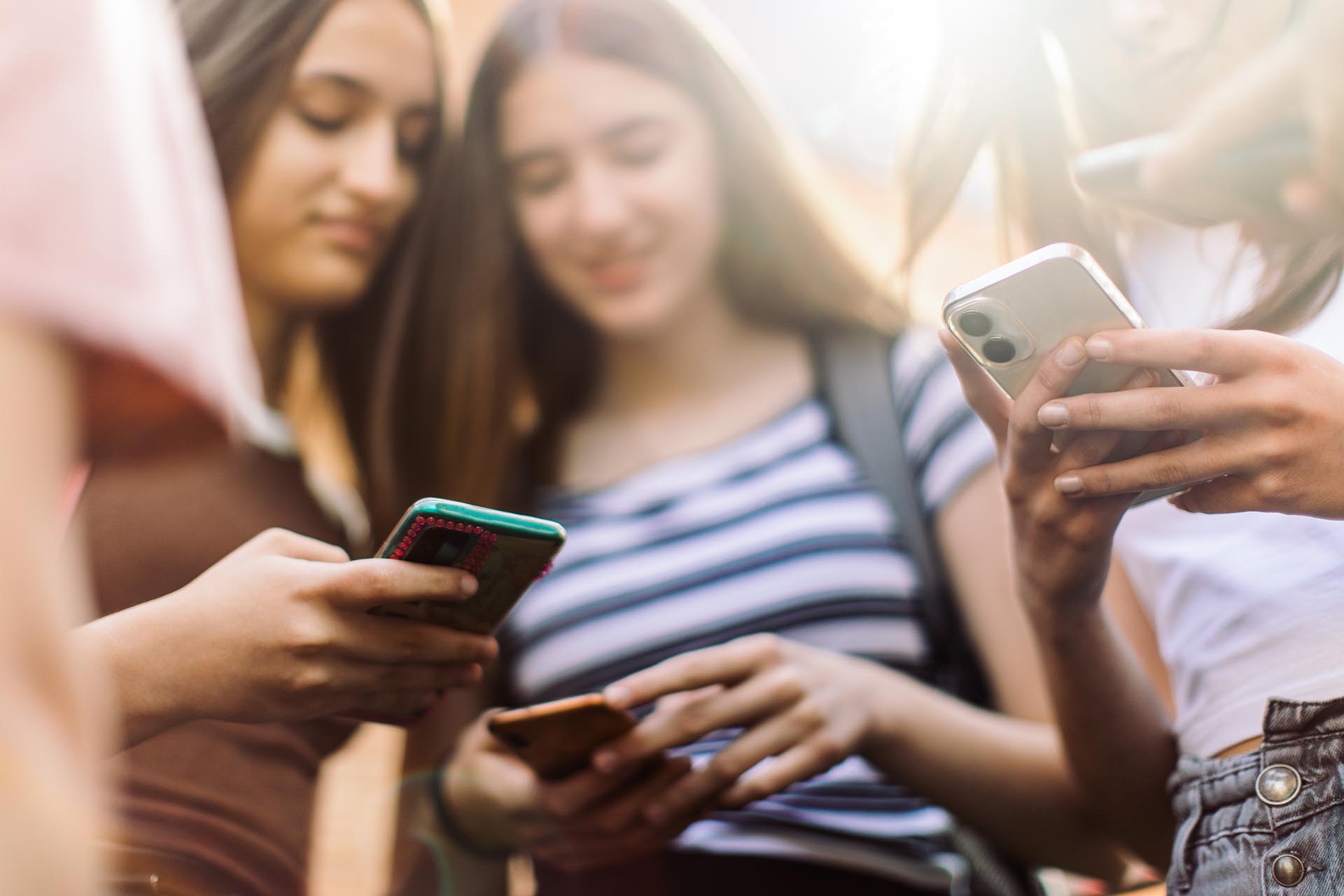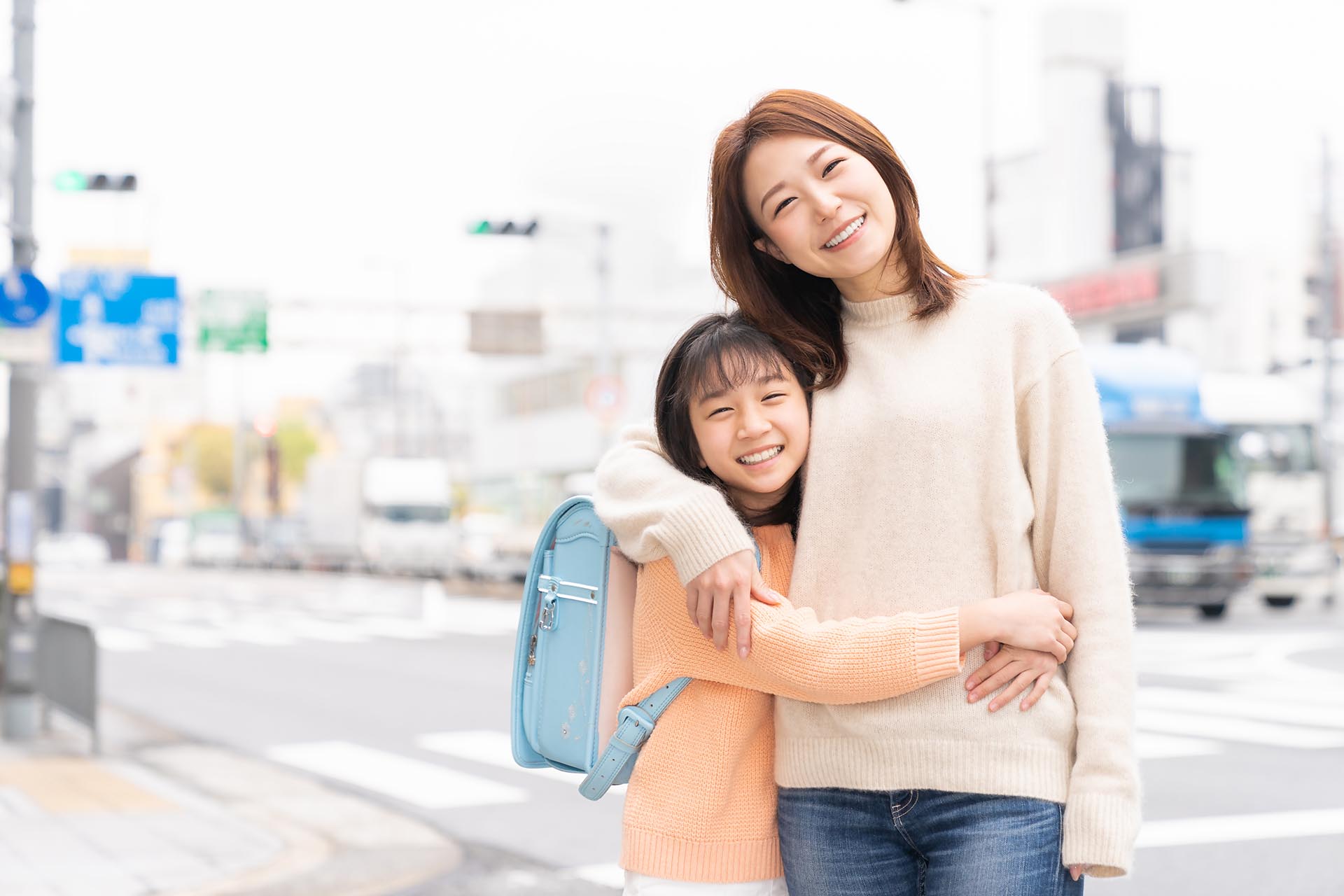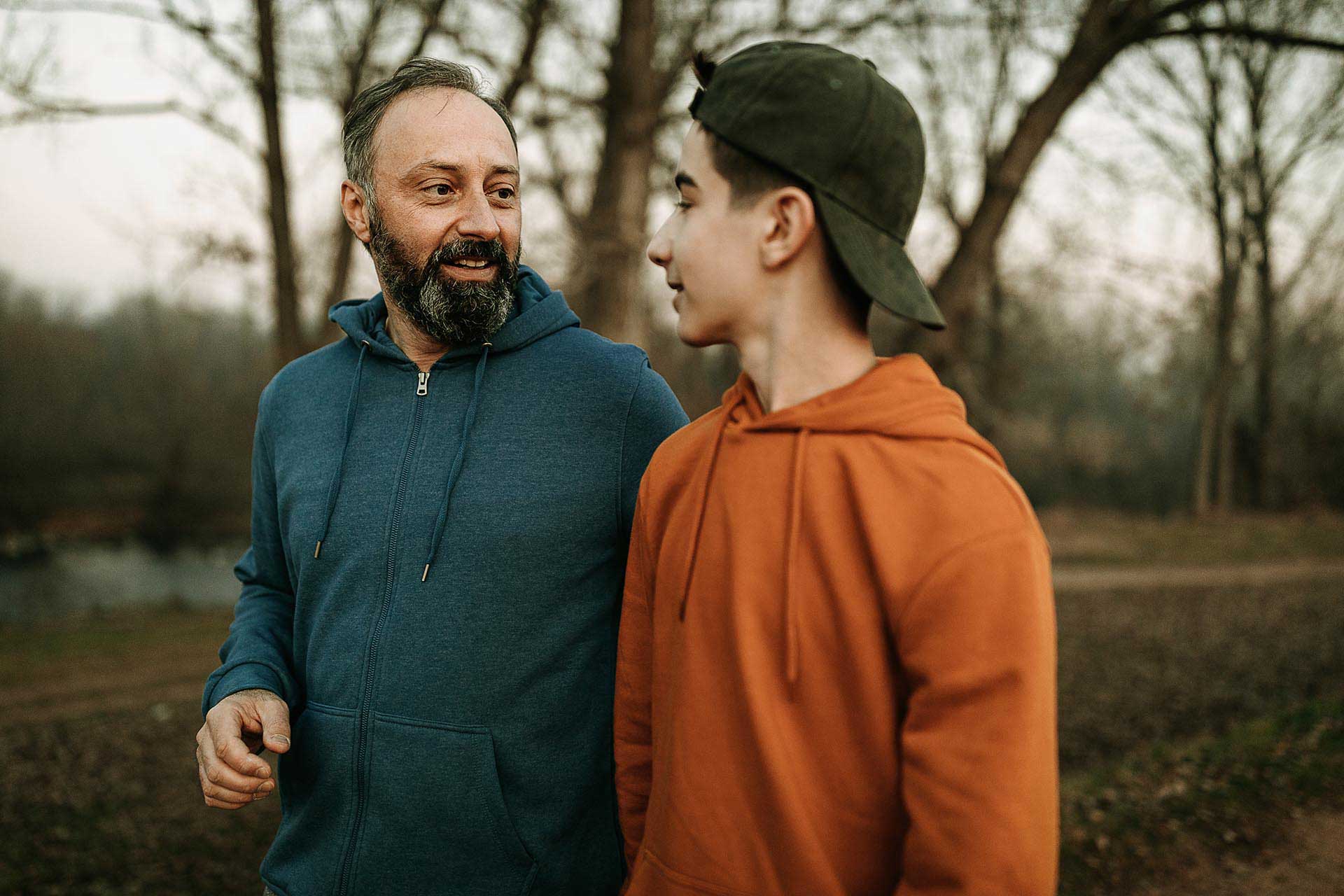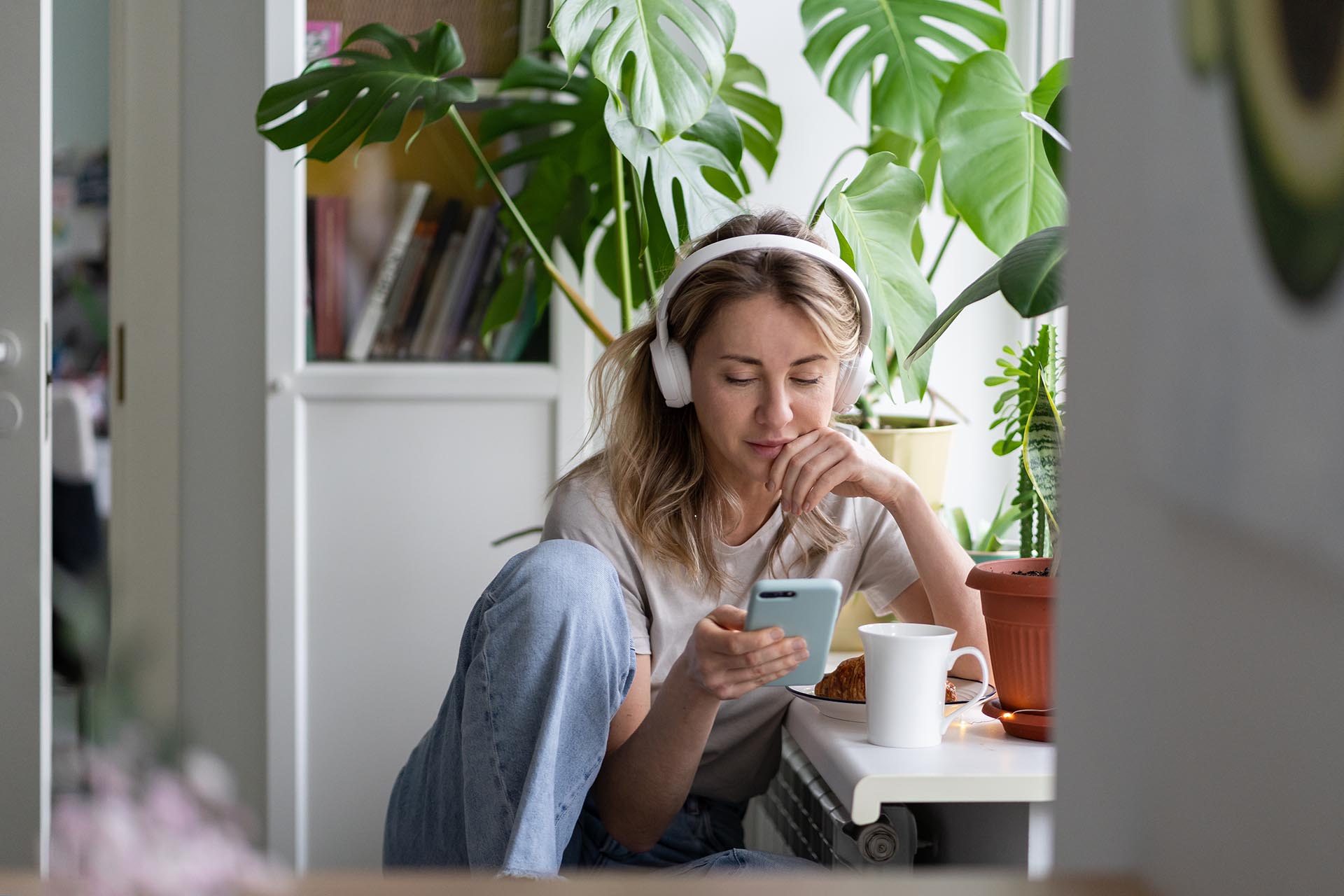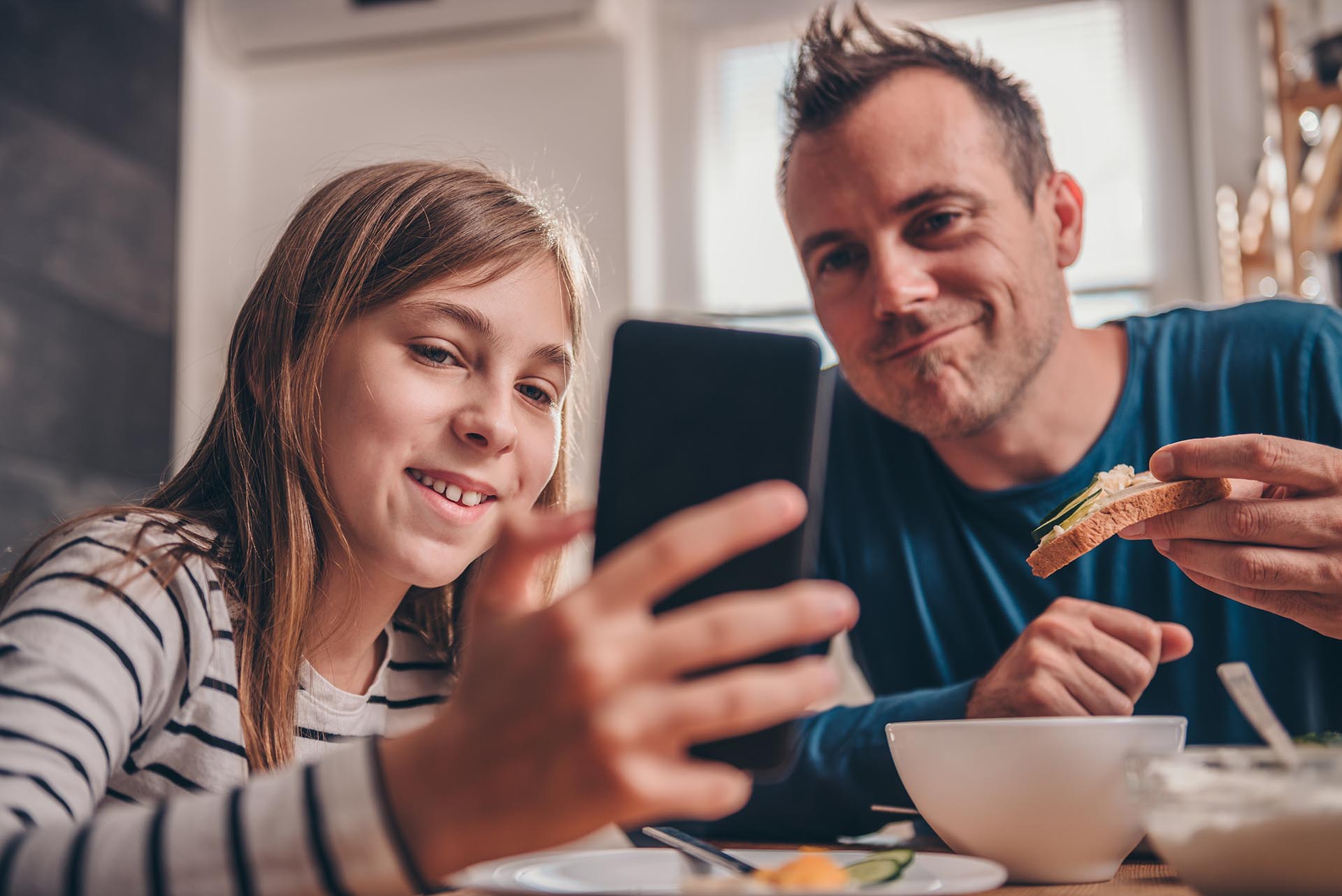This is the next instalment in our series where we interview our educators about their experiences teaching, their thoughts on sex education, and just a bit about them. You can read our last post where we interviewed our founders here.
For how long have you been an educator?
This is my 7th year as a qualified teacher/educator. I’ve been at SEA since 2019, so just over two years.
Why do you think sex education is important?
For myriad reasons, but what comes to mind is empowering young people to make educated choices and understand what life changes shape their identity. Personally, I am very passionate about sex ed because of how many issues link to young people’s mental health.
What do you like about working with young people?
The variety, as you never experience the same thing each day you deliver a program. I enjoy how genuine and enthusiastic the primary students are. I also like connecting with secondary students and knowing that I may be helping to equip them with the street smarts to navigate their world with a little bit more confidence. That’s a wonderful feeling.
What do you find challenging about this sort of work?
The realisation that without a ‘whole-society’ approach, we can only do so much. If politicians, parents, schools, sports clubs, media, etc cannot all understand that they have important roles and responsibilities toward making this world a better place for young people, then our cause sometimes feels like a lonely place.
What’s the most satisfying part of this work?
Providing young people with skills they will need and use their entire life and addressing social issues from a preventive perspective.
What shocks you in the classroom?
The knowledge and exposure primary students have to unrealistic representations of sex, intimacy and relationships. Most of it comes from online material and reality TV.
What’s the weirdest question a child has ever asked you?
‘Are twins made because one of the triplets eats another one?’
What’s the funniest question or comment a child has asked/said?
‘Can a woman’s egg fall out when she is playing sport?’
What was your own sexuality education like?
Pretty uneventful, but I do recall one day in class having to put chalk on my hands then shaking hands with all my classmates. The teacher then told us that the chalk represented chlamydia and we had just given it to everyone else we had come into contact with.
Did you get any of your sex education from places you perhaps shouldn’t have growing up?
Yes, my dad had to explain why my ferrets were playing rather aggressively one day. Six weeks later, one of the ferrets had some babies (kits) as a result of their ‘playfulness’.
What does porn get wrong about sex?
It offers unrealistic representations of sex.
What’s a favourite part of this work that you didn’t expect, or others wouldn’t think of?
The interesting and wonderful colleagues you get to share the teaching experience with.
If you are a parent, how does that affect your teaching?
It makes you more conscious of your behaviour and attitudes as a role model.
If there was only one piece of knowledge you could make sure young people would come away with, what would it be?
There is always someone who values you and there is always someone to turn to if you need help.
What do you enjoy outside of work?
Scuba diving – it’s the closest sensation to flying you can experience on earth.
What’s something non-sexuality-education/work related about you that you feel makes you a better educator?
Being one of six kids in my family. It makes you a good negotiator and attention-seeker, which works well with engaging and teaching kids!
